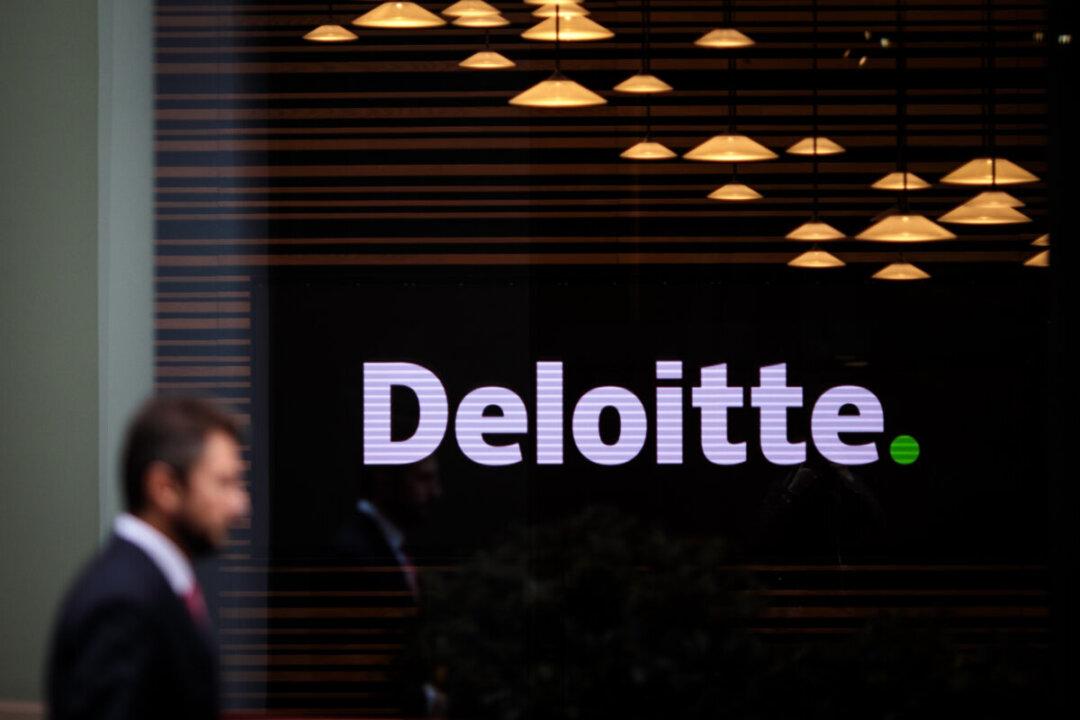The U.S. Securities and Exchange Commission (SEC) fined Deloitte-China $20 million on Sept. 29 for its failure to comply with basic U.S. audit requirements. Experts say the incident highlights the need for better oversight of Chinese audit firms.
Deloitte-China, also known as Deloitte Hua Yong, is the Chinese affiliate of international accounting firm Deloitte Touche Tohmatsu.





